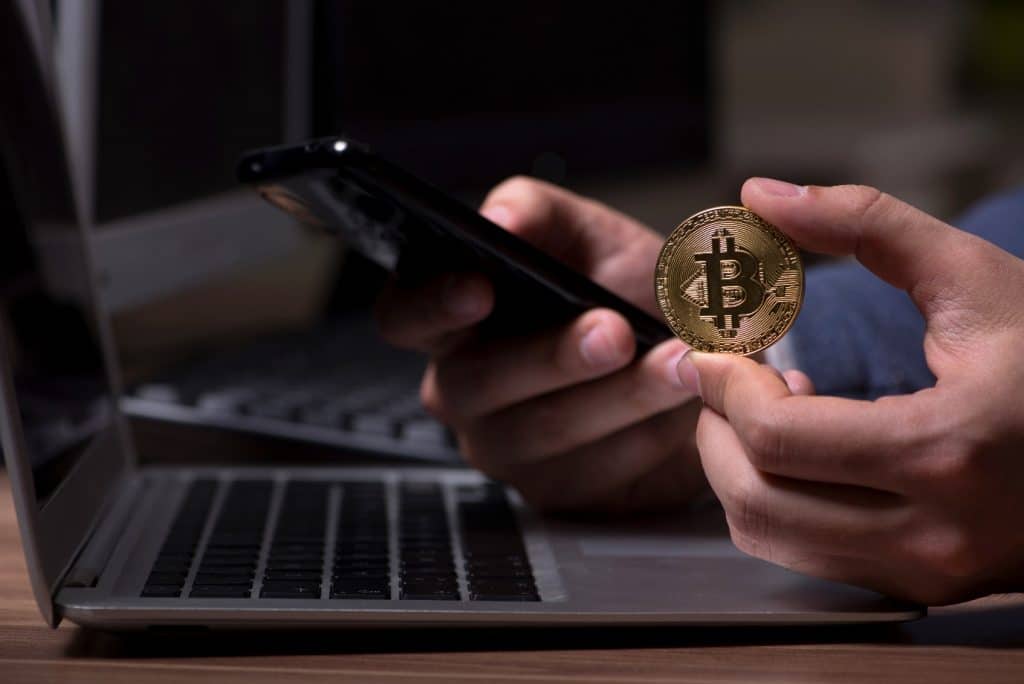
Dating scams happen all too frequently and they certainly aren’t limited to dating apps. While users of common dating platforms such as Tinder, Bumble and Plenty of Fish might certainly be exposed to scammers using romance to swindle people out of money, there are risks on any platform.
Most social media sites such as Facebook and Instagram, as well as messaging apps such as WhatsApp, can be used for potential dating scams, depending on what the scammer is aiming to do. In this article, you’ll learn how to watch out for scammers, what to avoid, and how to report a dating scam.
How do these scams work?
Online dating scams can happen to anyone on any platform, and you don’t have to be actively looking for love in order to be targeted. Facebook dating scams can be perpetrated by scammers using the Facebook Dating app, but it is, of course, possible that someone can simply approach you online using your regular Facebook profile and strike up a conversation.
Instagram dating scams are also common. They generally start with someone you follow, or who follows you, sending you a direct message, which makes your connection more private and allows them to potentially start manipulating you.
When it comes to WhatsApp scams, dating may not be the first thing that you think of. WhatsApp is primarily a messaging and communication site rather than a social site. However, it is private and secure, so it’s possible that scammers will try to lure you onto there, perhaps after ‘meeting’ you on a more social site. The Facebook Dating safety guidelines identify someone wanting to quickly leave Facebook and communicate using a personal email or messaging app as a warning sign of a scammer.
Generally speaking, dating scams on any platform involve a person starting a relationship and building trust, often by chatting several times a day. At this point, you may want to meet this admirer of yours in real life, but usually they will be resistant to meeting up, often with seemingly good reasons. They will say that they live far away, or they’re working or studying abroad right now, or they’re travelling for business. The FTC has noted that often scammers claim that they’re abroad because they’re in the military, working on an oil rig, or a medical professional.
Eventually, your new online ‘boyfriend’ or ‘girlfriend’ will ask you for money, presenting you with a story about why they need it. They might have lost their credit card, or had their bank account frozen (maybe because of too many foreign transactions – remember that they’re out of their home country right now).
Many of these people are very good at what they do, and may come up with all sorts of reasons why they need you to send the money quickly. In the case made famous by the recent Netflix documentary The Tinder Swindler, the scammer even sent pictures of a member of his staff seemingly badly injured in order to make the situation seem real and urgent.
Many people believe that they would spot any online dating scam immediately, but obviously those who get caught out think that their situation is unique and that this particular person is genuine. This could be because they are gullible, but often it is because the scammer has carefully set up the situation in advance, and has already gained a lot of trust and emotional investment from their potential victim.
How to Avoid Dating Scams
There are a few things you can do to guard against online dating scams. Always be sceptical of new contacts or friend requests on social media. Look at the profile of any new person you connect with online to see if any details they post can be verified by other methods. If you appear to have a lot of connections in common, you might want to check with them to see if they actually know this person or not.
When talking to a stranger online, it’s recommended to do an image search on your new contact’s profile photo to see if it’s being used elsewhere. It might turn out to be a stock photo, or even a picture of a public figure. Alternatively, you might see the same photo being used on different social sites, but with several different names, which is a sure sign that it’s being used by a scammer.
Other red flags to look out for are if the relationship progresses unusually quickly, and if your new admirer wants to chat a lot via text, email or a messaging app, but avoids video chats and meeting offline. If someone wants to immediately take your connection to a more private platform such as WhatsApp, Telegram or personal email, this can be a big warning sign, as can any story that they are currently out of the country but want to pursue a long-term relationship with you in the future.
The ultimate red flag is when your new romantic interest starts asking for money, especially if they want you to send it in more anonymous ways, perhaps using gift cards or cryptocurrency. No matter how credible the story seems, there is really never any reason for anyone to ask someone they have never met for money.
Remember that it may not always seem as if the scammer is asking for money for their own use. Some online scams involve you being asked to invest in a particular scheme or allowing your new connection to help you make money by investing on your behalf. They may present you with a great ‘investment opportunity’ or encourage you to sign up for a specific money-making programme, often via a link they will send you. The link might be a malicious one, or it may be a phishing scam to get your money.
A scammer may even tell you that they are raising money for charity or some other good cause and ask you to go to a specific link to donate. Again, this might be an attempt to install malware on your device or a phishing attempt.
It is even possible that your new romantic interest will offer to send you money, maybe for a birthday gift, or some kind of treat. However, it is possible that they are just trying to get your bank details in order to try to access your account. Treat all requests for monetary transactions from someone you don’t know in real life as suspicious, and if you are not sure, it is fine to simply refuse.
How is Bitcoin Involved?

Bitcoin and other cryptocurrencies are sometimes favoured by scammers as they are more anonymous than using credit cards or regular bank transfers. Bitcoin payments can be hard, though not impossible, to track and recover.
The victim is usually talked into creating a Bitcoin account to transfer money to the scammer, and once the transaction takes place, the funds obtained by the scammer can be quickly transferred again. By the time the victim realises they have been scammed, there is often very little they can do. Bitcoin is not like other payment methods, where you could make a complaint to your credit card company, and have the money potentially refunded.
Again, scammers might form a romantic attachment with you, and then use your trust to suggest that you ‘invest’ in Bitcoin or another cryptocurrency. As with other types of investment, they might offer to manage this for you, or buy cryptocurrency on your behalf, but once the transfers are made, you will not see the money again.
How to Report a Dating Scam
Victims should report any scam immediately to the platform on which the scam took place, as well as to other relevant authorities. Most social and messaging apps will take this seriously and will investigate the account you report, suspending it if fraudulent activities are taking place.
If money has been transferred, this should be reported to the bank, card company or payment processor used. It may be too late, but sometimes payments can be reversed, or the money can be recovered. If you have been scammed out of money, it is also important to report this to the police in your country. This can be done in the UK by contacting Action Fraud. In the US, internet crimes can be reported to the FBI’s Internet Crime Complaint Center. If the scam involved any unauthorised investing or trading, you can also report it to the regulatory bodies in your country, such as the FCA in the UK or FINRA in the US.
Conclusion
Dating scams can happen on any platform. Stay alert for the red flags we have mentioned, and never, under any circumstances, transfer money to a romantic interest you have formed online if you have never actually met in real life. If you think that you have been the victim of an online dating scam, report it immediately, both to the platform you met on and the relevant authorities.